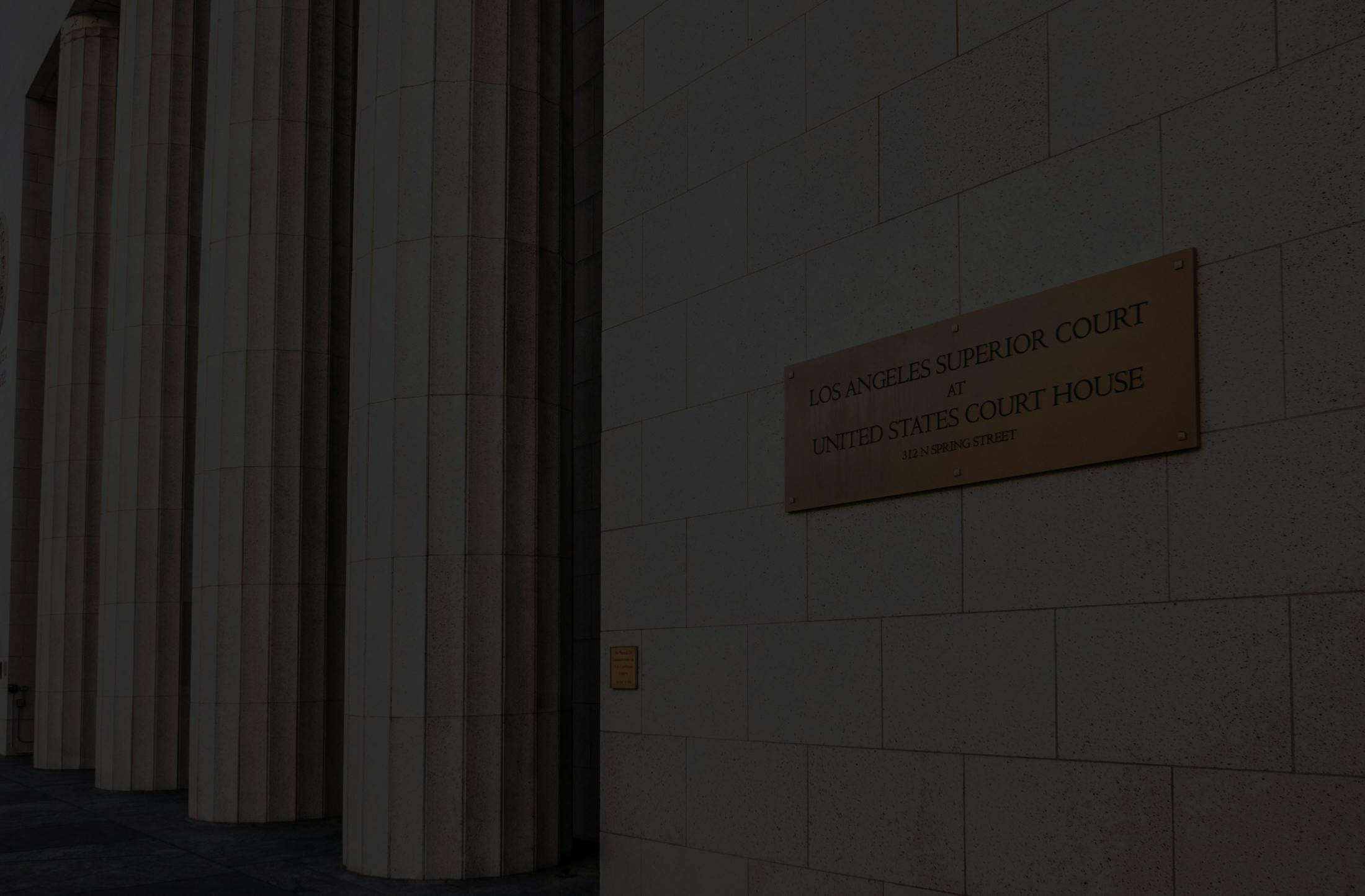For more than 30 years, Kesluk, Silverstein, Jacob, & Morrison have been defending the rights of workers and employees in instances of disability discrimination, workplace discrimination, and much more.
The Support You Need, When You Need It
If you believe you are experiencing discrimination at work anywhere in California, then contact our firm today. A highly qualified employment discrimination attorney from our law firm can investigate your claims and explain your legal options in a free initial consultation. If you have a case, we can represent you in negotiations or in the courtroom so you can be sure your best interests are protected. To get started, reach out and schedule your consultation today.












